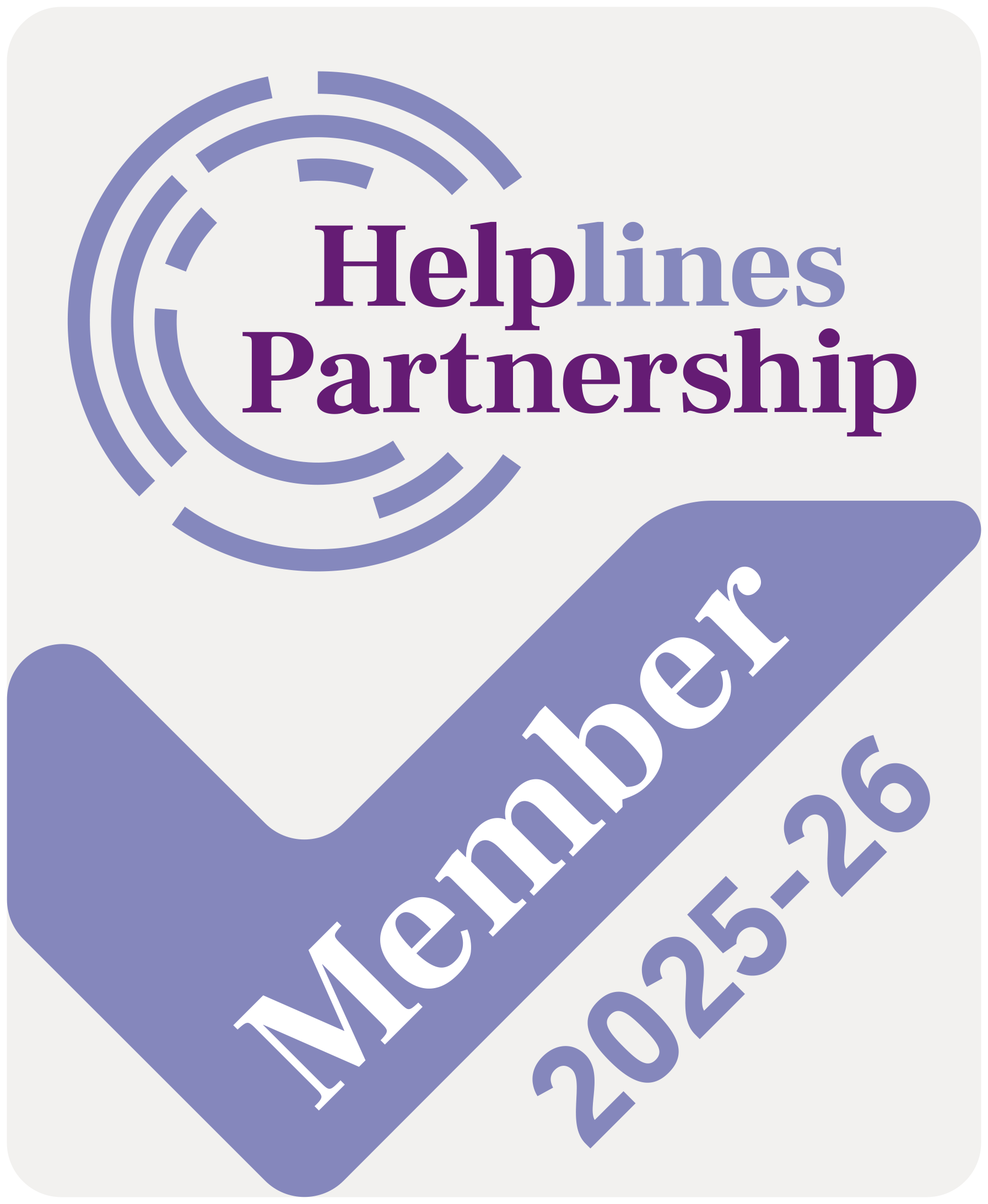GETTING THE EQUIPMENT YOUR CHILD NEEDS
At home the needs of children with genetic disorders vary considerably.
The law states your local health authority has a duty to provide practical help and facilities designed to secure greater safety, comfort and convenience to those who have been assessed as needing them. You can read more on the law here (http://www.legislation.gov.uk/ukpga/1970/44/section/2)
It is usually your local council’s social services and occupational therapy departments who carry out the assessment. Find out more about how to get a home assessment.
Each local authority and Primary Care Trust has its own criteria for supplying equipment and different departments are responsible for different types of equipment.
So, occupational therapy might supply a feeding chair but the district nurse might supply an adjustable bed.
It’s worth knowing you may be entitled to VAT relief when you buy equipment for your child. For more information on VAT relief click here (https://www.gov.uk/financial-help-disabled/vat-relief)
Most companies supplying equipment will know this or you can contact Customs and Excise for their booklet.
Who to ask:
First contact your GP and tell them what help you need.
They, or your child’s paediatric consultant, should involve your local social services department. You will be allocated a social worker because of your childs additional needs.
The local authority should then send an occupational therapist (OT) – someone who advises on equipment for daily living – to your home to assess what your child needs. Click here for information on “how to get a home assessment”
Equipment is provided by your local authority or your local health authority/primary care trust
What to ask for:
Make sure the OT/social worker/physio understands your child’s disability. Talk them through as much as possible in the home visit so they can get a full picture of what their life and the rest of your family’s lives are like.
The assessor should then act on health and safety concerns, such as lifting your child into the bath, or eating without choking. They must then provide equipment to assist with those needs.
You might be allocated a physiotherapist who will help with mobility issues. They will advise on and source equipment such as walking frames or exercise balls.
Make notes of meetings you have with care professionals and jot down what was offered when so you are sure of dates if and when you have to chase things up.
What happens when equipment doesn’t arrive?
Unfortunately parents may have to wait months or even years for equipment.
Remember it is rarely the fault of the frontline professional who visited that equipment has not arrived or has been refused.
Often the only way to hurry things up is to have the relevant procurement person’s number on redial.
Make notes of every phone call so you can refer back, always make a note of the person you are talking to and, if possible, their direct phone number.
Try to resolve any dispute with discussion.
If this doesn’t work there are charities who source, give or lease equipment. We have put together a list of organisations that can either help with the provision of equipment or a grant to enable it’s purchase visit https://genepeople.org.uk/parentsofaffectedchildren/handyresources#specialistequipment





